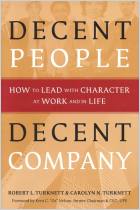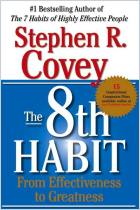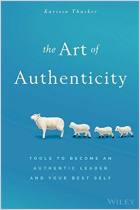
Recommendation
Most people know the difference between right and wrong, but far fewer have the courage to act on their convictions when the stakes seem high, especially in the workplace. Babson College researcher Mary C. Gentile lucidly outlines and discusses the fundamentals of the “Giving Voice to Values” (GVV) curriculum she launched at the Aspen Institute in conjunction with Yale University. This ethics-based course of study is now part of more than 140 college-level business education programs worldwide. If you’ve ever kept silent despite your better judgment, GVV strategies can help you develop the skills and tools you need to speak up and take action. Gentile provides examples of how real people have dealt with complex values-based issues in corporate settings and offers a robust menu of self-assessment exercises to illuminate the discourse. getAbstract believes anyone in the workforce at any level will find great value in this approach to living and working in accord with your principles.
Summary
About the Author
Mary C. Gentile, who holds her PhD in humanities, directs the Giving Voice to Values curriculum at Babson College, where she is a senior research scholar. Previously, she taught for 10 years at Harvard Business School.




















Comment on this summary or Démarrer une discussion
The hard part how to find your voice and organize your thoughts.
Anyway, we have to find out the way to match our own ethic values with the company values; when it happens the organizational enviroment will be better.